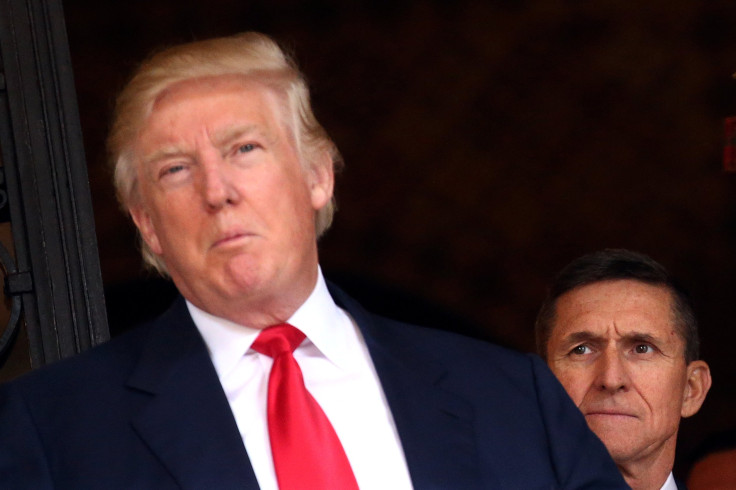Will The US Leave NATO? Trump Could Anger Russia By Expanding American Involvement In The Military Alliance

In what would be a stark pivot from his previous comments on the North Atlantic Treaty Organization, President Donald Trump could follow National Security Adviser Michael Flynn’s recommendations to support an effort to welcome Montenegro, once part of the Soviet state Yugoslavia, into the military bloc.
Flynn, was “expected to recommend Montenegro’s accession to NATO to Trump in the coming days,” Politico first reported Monday, citing “a senior administration official.”
Trump’s past stance on NATO hasn’t been so welcoming. Days before his inauguration ceremony, he reportedly called the bloc “obsolete… because it was designed many, many years ago” and claimed the alliance “didn’t deal with terrorism” and that its countries “aren’t paying what they should.”
In a March tweet, Trump called for the U.S. to “renegotiate” its relationship with the alliance.
In July, he reiterated this notion to the New York Times that his administration was “not going to invest in these alliances with NATO,” and that the U.S. ought to skip out on its obligations to member states “that aren’t paying their bills.”
While politicians have often cited a statistic attributing 72 percent of NATO’s budget to the U.S., the figure is more closely related to the American defense budget, which is the largest in the world by a wide margin. A more accurate contribution estimate, one expert told PolitiFact, is just over a fifth of common funding.
The turnabout came several days after Ukrainian Prime Minister Petro Poroshenko announced plans to hold a referendum on NATO membership in the country, with polls showing that 54 percent of Ukrainians favor a “yes” vote.
The move could also serve as a rebuff to those who point to Russia’s alleged tampering in the U.S. election to aid Trump, as well as his dubious personal and professional connections to the country. It would additionally confirm the Kremlin’s belief, as delineated by foreign minister Dmitry Peskov in late December, that the new administration would not halt NATO’s encroachment on Europe’s far east, a phenomenon commonly referred to as NATO enlargement.
© Copyright IBTimes 2025. All rights reserved.






















